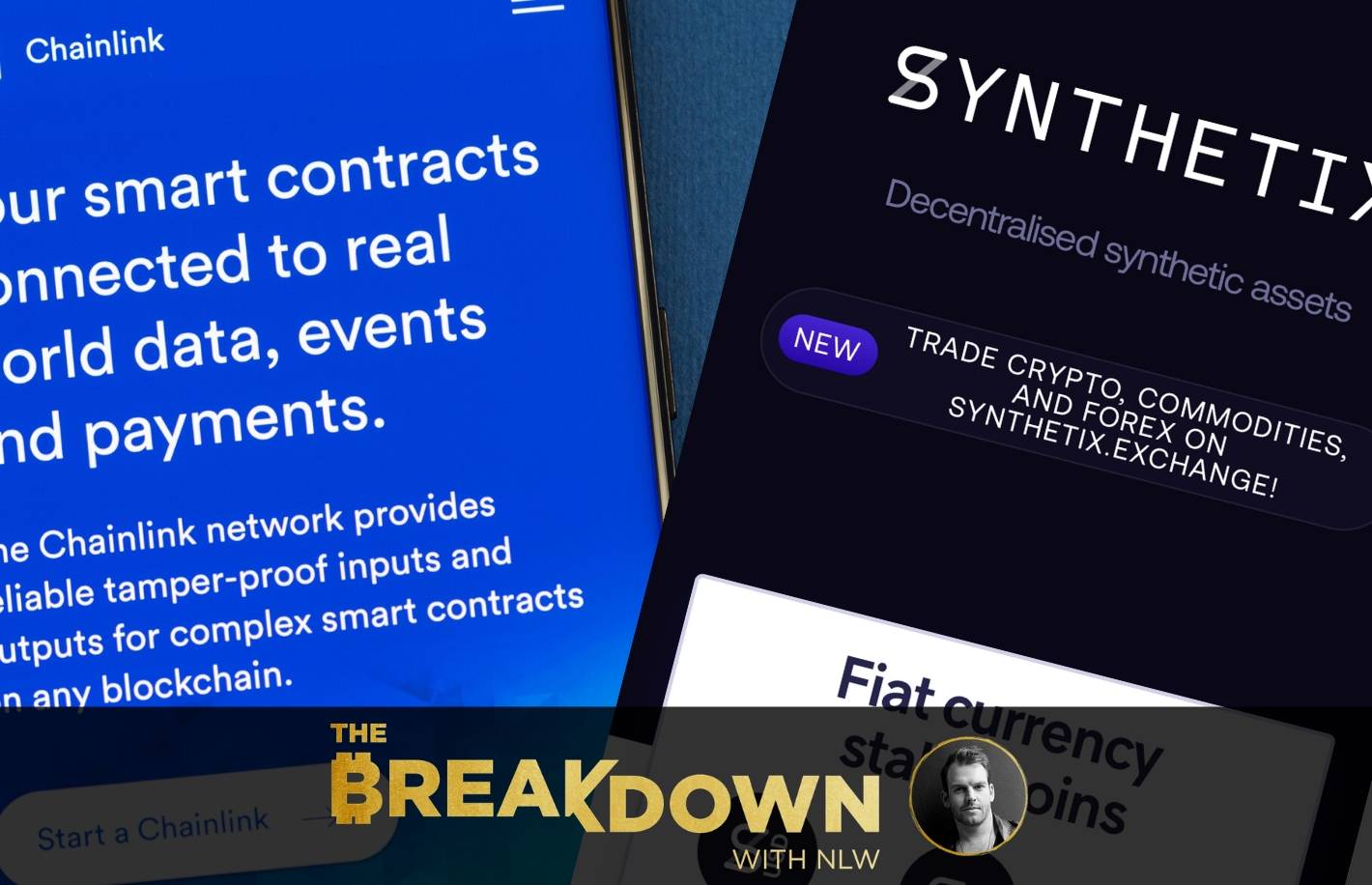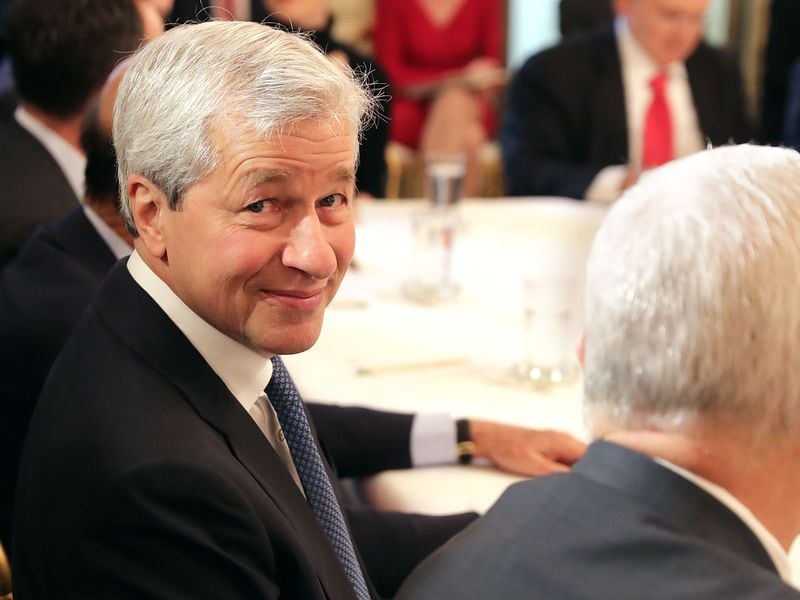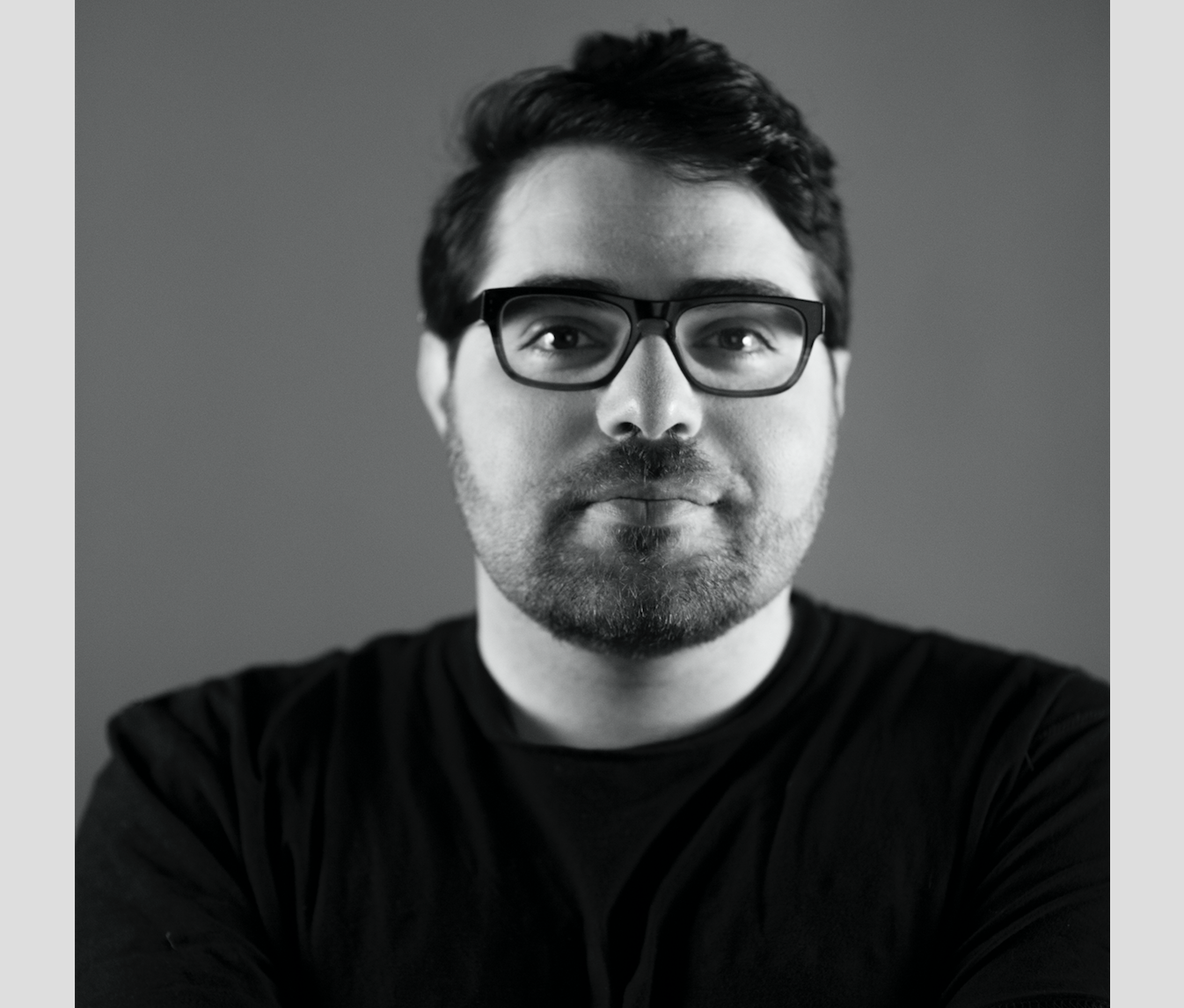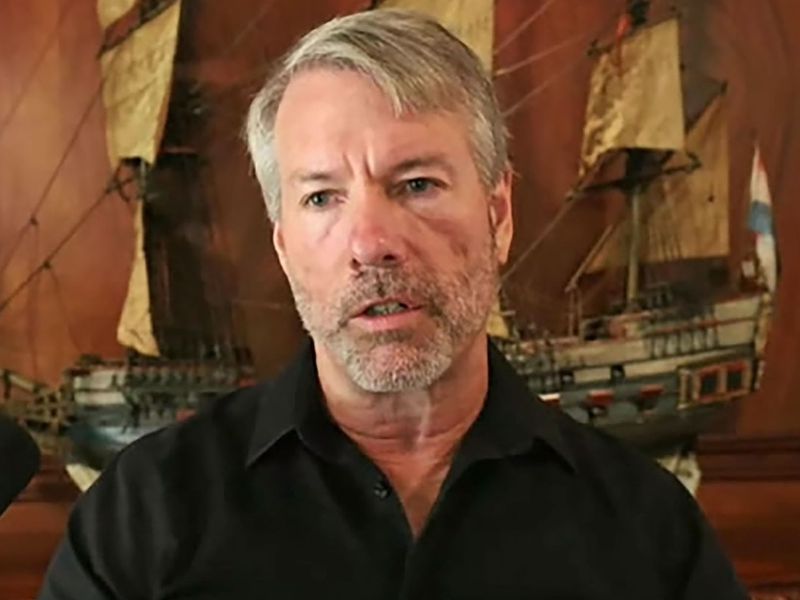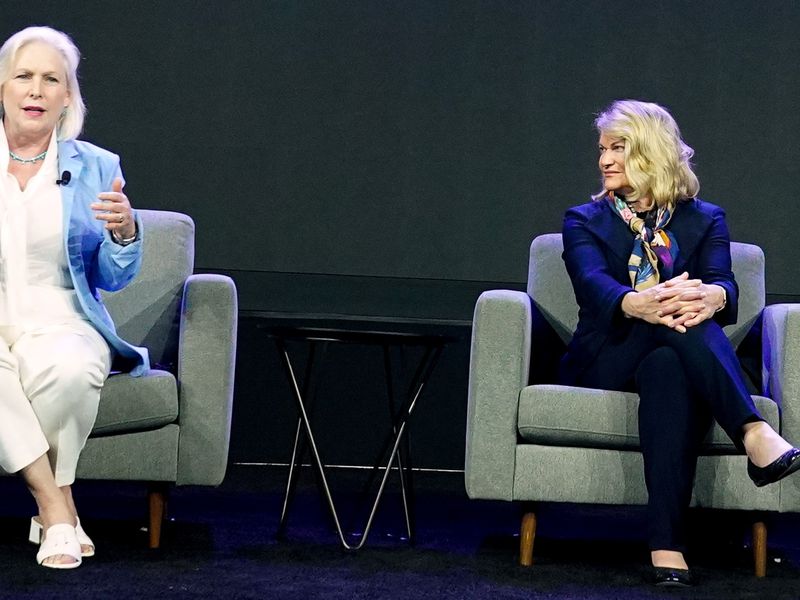Bitcoin’s ‘Toxic’ Twitter ‘Culture War’ Explained

“What the heck! It’s a food fight on here. [Bitcoin developer] Matt Corallo is mad at Blockstream. Ragnar and Giacomo Zucco clubbing people left and right. Wat is going on!?”
This text from a bitcoin enthusiast friend aptly described the confusion on social media platform Twitter in recent days, when leading members of the bitcoin developer and startup ecosystem have been fighting over bitcoin’s “culture” and whether it needs to be changed or improved.
The root of the debate: Does bitcoin have a culture problem? Is there too much “toxicity”? And yet, as Twitter is a free-for-all, there were all sorts of sub-parts to the debate, centering on other questions: Is bitcoin inclusive enough? Why is Twitter so harsh? And what, exactly is bitcoin culture?
It’s hard to say exactly how the fiery battle started, but it appears to have stemmed from a tweet from Token Daily co-founder Soona Amhaz stating: “A few bright ethereum core developers have personally confided in me that they turned to ethereum after feeling [antagonized] by the bitcoin community. Play the long game or you will lose talent.”
Amidst the discussion that followed came Neil Woodfine, Blockstream’s marketing director, who argued that bitcoin’s culture can seem unwelcoming partly because there are so many fraudsters in the industry trying to make a quick buck.
And those in the ecosystem who have been around for more idealistic reasons, have grown to reject this mindset in a sometimes harsh manner.
“Bitcoin industry culture is therefore *necessarily* one of extreme skepticism, cynicism, rigorous review, and forthright language,” Woodfine tweeted, adding:
“If you’re unhappy with bitcoin culture, sorry, you’re the problem. Bitcoin is better off without you—you’re not cut out for the challenges ahead. You’re not good under pressure, you’re too sensitive, and you lack conviction.”
Others on Woodfine’s “side” of the debate (though the debate was so raw and messy it’s hard to determine actual sides) argue that bitcoin’s community has been hardened by past debates over the years. The most well-known of which was bitcoin’s scaling debate, which abruptly ended when a minority of bitcoiners broke off to create bitcoin cash.
In short, the argument goes that the reason the community can come off as unwelcoming is because they’ve had to dispel many bad ideas along the way.
‘Gaslighting bullshit’
But Woodfine’s thread, while popular, didn’t sit well with everyone.
“This is gaslighting bullshit,” said Neha Narula, research director for MIT’s Digital Currency Initiative, calling Woodfine’s thread a “travesty.”
This side of the debate suggests that there’s something wrong with bitcoin’s “culture,” that settling for the way things are is not enough, and that people should make more of an effort to include people in the community.
“Always question, never settle, and know that there are lots of us who try to debate, criticize, learn, and improve without being jerks,” Narula went on to write.
Others had similar reservations with the idea bitcoin’s culture is static, arguing that the culture isn’t set in stone.
“Totally wrong. That some dudes on Twitter can declaim what bitcoin’s culture is and should forever be is ridiculous. We’re still building the culture, and we *can* make it better,” argued Chaincode developer John Newbery, leading into a conversation about how bitcoin developers aren’t a very diverse group and he wants people of various cultural backgrounds to feel more welcome.
In what might have been the climax of the debate, bitcoin developer Matt Corallo blocked Blockstream CSO Samson Mow, going on to argue some individuals at the bitcoin tech startup Blockstream’s culture are “toxic.” Corallo helped to found the startup in 2014.
Never again
It might seem this massive debate came out of nowhere. Tierion researcher Paul Sztorc’s take is that people in the community just didn’t have an outlet to talk about these concerns until this debate blew up.
“Usually when people fight, it is because lots of unresolved stuff has been bubbling up over time. Then it is triggered by one little event — the straw that broke the camel’s back, as they say,” Sztorc argued.
On that note, some participants see truth in both sides of the debate.
“Some people say we should promote better culture that is more inclusive and respectful. Other people say [peer-to-peer] network protocols must remain neutral and not care about cultural issues. They are both right,” argued Ciphrex co-founder CEO Eric Lombrozo, though he later argued that Twitter culture — which he described as “mostly a bunch of dudes trying to win stupid prizes” — isn’t representative of bitcoin’s overall culture.
BitTorrent creator and bitcoin developer Bram Cohen also blames the “toxicity” on the social media platform Twitter specifically.
“Anyone who persists in being a jerk should eventually be made to feel unwelcome, but the default assumption should be that people simply haven’t learned the norms yet and explain it to them,” he said.
Meanwhile, others drew alternative conclusions about the state of the bitcoin community from the debate.
As Woodfine tweeted:
“After this weekend, let no one ever again claim that bitcoin is an echo chamber.”
Bitcoin Twitter image via Shutterstock


